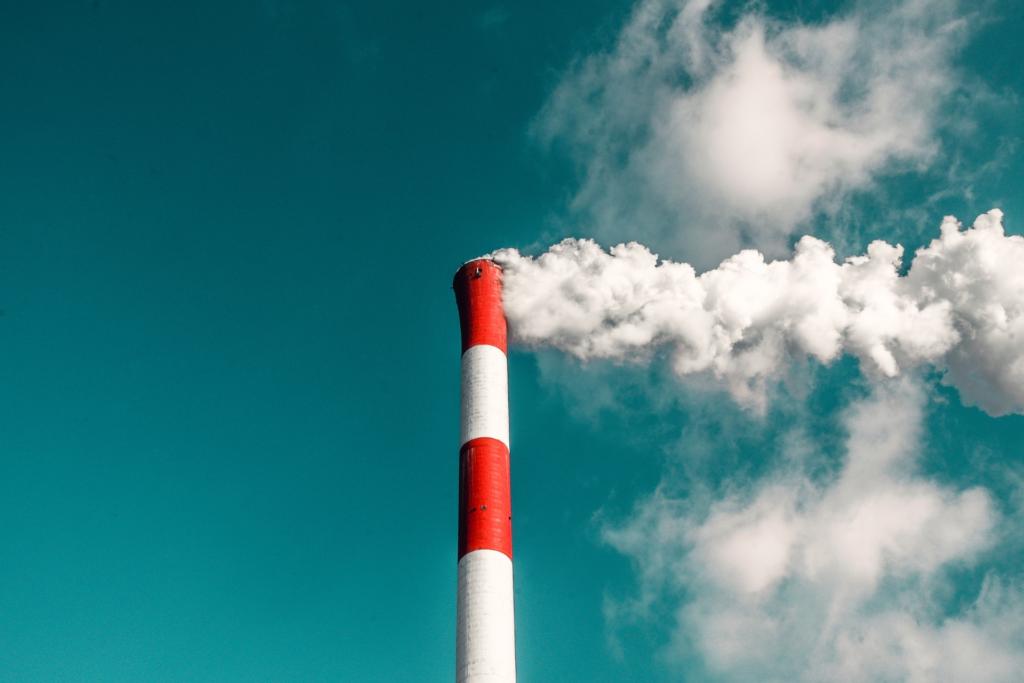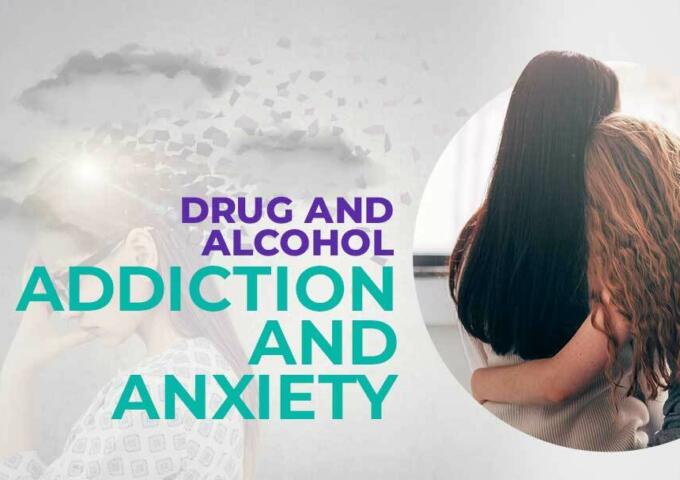Executive order would end pharmaceutical breakthroughs
Every day, scientists get closer to a COVID-19 vaccine. A handful of biopharmaceutical firms hope to make one available by year’s end.
Unfortunately, a new executive order from the Trump administration could slow their progress.
The order would implement a “most favored nation” policy on drug pricing. In plain English, that means the federal government would set Medicare drug reimbursements equal to the lowest price offered in other developed countries.
This is a dangerous idea under any circumstances, but it’s particularly troubling now. The order would reduce patients’ access to medicines and discourage research into COVID-19 treatments and other cutting-edge therapies. Let’s hope the president reconsiders.
According to President Trump, the most favored nation policy would cap the amount the U.S. government reimburses for certain Medicare treatments at the lowest price paid by a member of the OECD with a “comparable per-capita GDP.” Right now, those nations pay up to 70 percent less for the exact same drugs that Americans take.
This disparity exists for a reason. Many of those OECD nations have centralized, government-run health-care systems that set artificially low prices for medications.
The administration’s order would import those price controls to the United States. That would deliver cheaper medicines – but it’d also cause severe consequences.
Pharmaceutical innovation is an extraordinarily expensive and time-consuming process. On average, it takes more than a decade and over $2.5 billion to bring a new drug to market. In part, that’s because most experimental medications ultimately fail during clinical trials. Less than 12 percent of experimental drugs ultimately receive approval from the FDA.
Research companies rely on revenue from a handful of successful drugs to offset their many expensive failures. And since price-controlled markets hardly provide the sales needed, it’s the United States that drives global research and development. Today, U.S. researchers invent roughly 60 percent of all new therapies – including those for cancer, heart disease, Alzheimer’s, and now COVID-19.
As a career-long advocate for patients – specifically those battling colon cancer – I’ve witnessed firsthand just how important medical innovation is. In the last 50 years, death rates from colorectal cancer have plummeted 54 percent, largely because of breakthroughs in therapies.
If our leaders deprive biopharmaceutical firms of their ability to recoup their investments, investors won’t be willing to risk enormous sums to develop such breakthroughs. R&D spending will plummet and, with it, the chances of producing an arsenal of effective treatments for COVID-19 and other diseases.
Price controls don’t merely stifle the development of future medical breakthroughs. They also have immediate effects on the availability of existing medications.
Americans currently enjoy largely unfettered access to new prescriptions. Between 2011 and 2018, 88 percent of all newly launched medications were available in the United States.
That’s hardly the case in other countries. Drug manufacturers often can’t afford to sell their medicines at the below-market prices offered by government health agencies. So, patients find fewer medicines on the pharmacy shelves. Just 50 percent of newly launched medications were available in France between 2011 and 2018. Meanwhile in Canada and Australia, patients had access to less than half of all new treatments.
In just seven months, America’s researchers have developed multiple promising vaccine candidates. Why now, with a vaccine so close at hand, would the Trump administration decide to take us backwards?
– Andrew Spiegel is the executive director of the Global Colon Cancer Association and Chair of the World Patients Alliance. This piece originally ran in the International Business Times.
The SHOUT Out:
The Eagles sit at 1-4-1, yet, amazingly, are still in the thick of the race for the NFC East title.
Your turn: As the NFL trade deadline approaches, should the Birds try to acquire players to stay competitive this year, or start their own version of “The Process?” Send your thought

Clearing the air on the EPA’s coronavirus response
The Environmental Protection Agency recently issued a memo waiving certain compliance requirements for energy firms in light of the COVID-19 outbreak. A group of House Democrats falsely claimed the EPA’s memo gives oil and gas companies an “open license to pollute.”
To address lawmakers’ concerns, the EPA has tapped an internal watchdog to review the policy. But no matter how hard they look, the investigators won’t find anything close to what Democrats have suggested.
Contrary to what outraged environmentalists claim, the EPA wasn’t trying to sneak in a regulatory rollback as part of a pandemic relief plan. These temporary waivers simply made it easier for energy producers to protect their workers without incurring a fine for not keeping up with paperwork and reporting requirements during the pandemic. The EPA shouldn’t shy away from issuing these waivers when needed.
COVID-19 put energy producers in a tricky situation. Restrictions on non-essential workers made it hard for these firms to meet every federal reporting requirement. Since noncompliance leads to hefty fines, energy firms had a choice. They could force staff to come back to work and risk spreading the virus. Or they could shut down, eliminate jobs, and deal a blow to our nation’s already struggling economy.
The EPA’s memo gave energy firms a way out of this dilemma. In light of the pandemic, the agency announced it would grant exemptions for certain routine reporting and monitoring requirements for drilling sites. It lets energy firms comply with social distancing orders without fear of retribution.
Environmentalists claimed the EPA memo would make it easier for energy firms to skirt emission limits. The Union of Concerned Scientists accused the agency of using the COVID-19 crisis to “make another crisis like climate change worse.” Cynthia Giles, who ran the EPA’s Office of Enforcement during the Obama administration, called the memo a “nationwide waiver of environmental rules for the indefinite future.”
These accusations are false. EPA clearly stated it would only grant exemptions if the agency determines “noncompliance was caused by the COVID-19 pandemic.” And the agency still enforced limits on regulated pollutants.
Contrary to environmentalists’ and partisan congressional Democrats’ claims, EPA’s action didn’t give energy producers the green light to pollute. It merely allowed energy companies to focus their limited resources and personnel on energy production to ensure Americans can heat and power their homes throughout this crisis.
There’s nothing unusual with this type of temporary relief. The federal government has often modified reporting and accounting requirements during crises. The Obama EPA issued 13 enforcement discretion orders during Hurricane Sandy in 2012. From 2005-2006, the EPA issued over 40 enforcement discretion orders in response to Hurricanes Katrina and Rita. Democrats didn’t claim these exemptions would lead to environmental harm. What’s the difference? It must be the person in the Oval Office making the decision. Pure politics!
In the past, EPA has seen fit to waive compliance requirements for energy producers in response to temporary, localized natural disasters. It makes perfect sense that the agency would have a similar response to an unprecedented pandemic that has dealt a financial blow to the energy industry.
The EPA ruling was not a pollution permission slip. It was a necessary, reasonable response to a once-in-a-lifetime crisis.
– H. Sterling Burnett is a senior fellow on energy and the environment at The Heartland Institute, a nonpartisan, nonprofit research center headquartered in Arlington Heights, Illinois.




